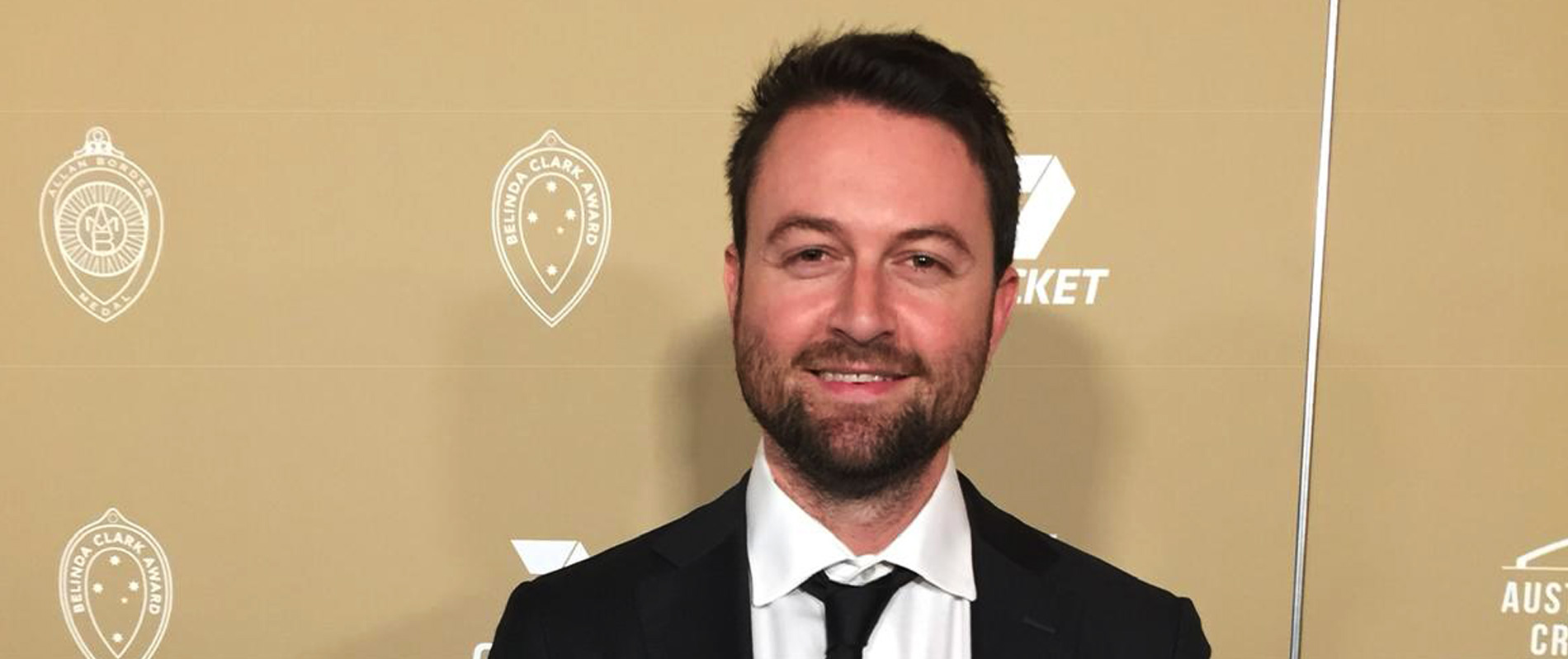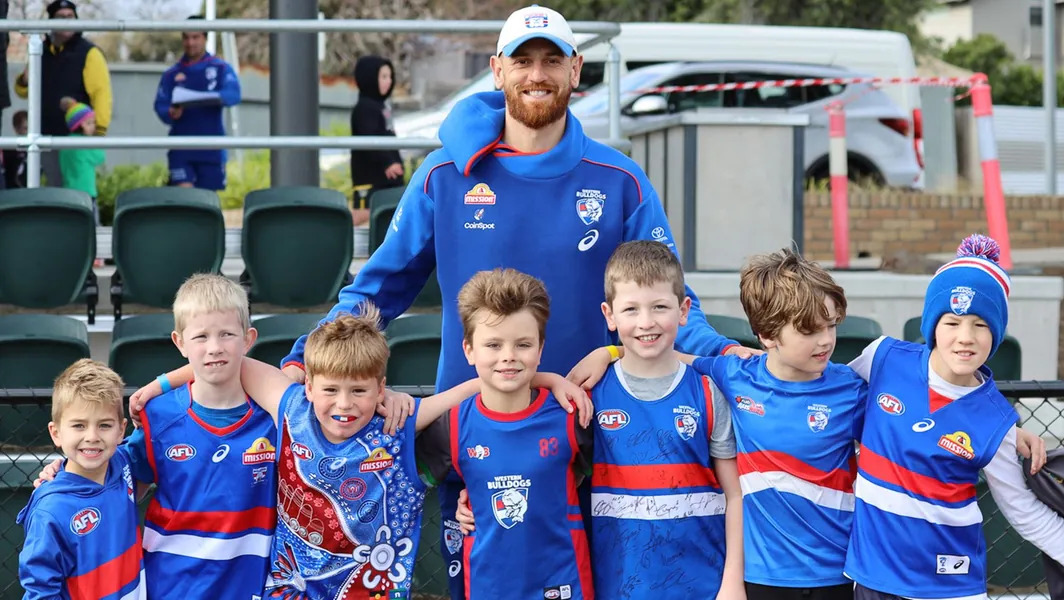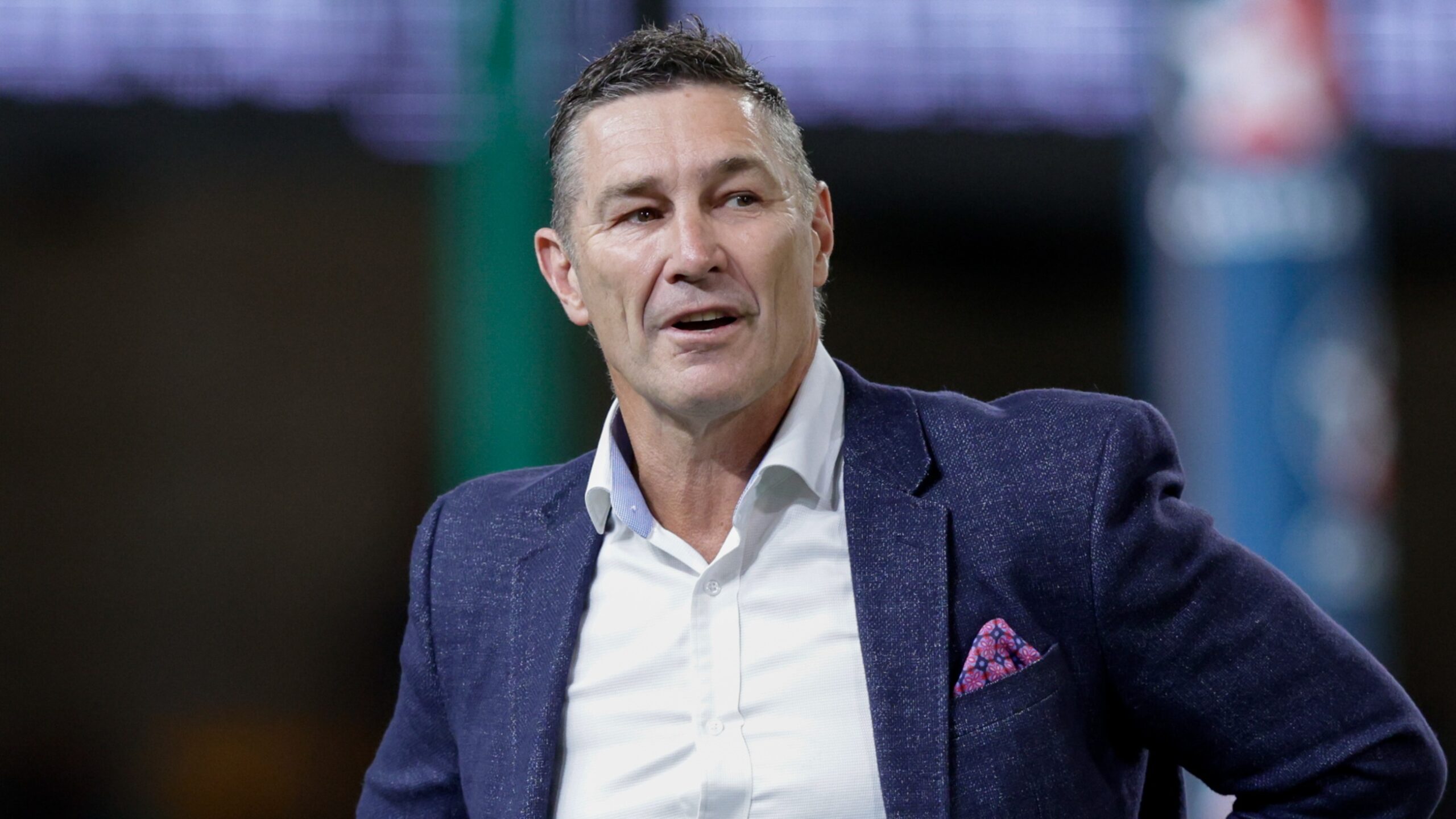[mkdf_dropcaps type=”normal” color=”#f55549″ background_color=””]S[/mkdf_dropcaps]
peaking to Ministry of Sport, Sportradar director of sports media and partnerships for Oceania, David Edwards, explained how sports broadcast will change in the post-COVID-19 world and what rightsholders need to do to stay ahead.
Edwards said Over-The-Top (OTT) will reign supreme as the days of the multi-million-dollar broadcast deals disappear for most rightsholders.
“There are many challenges, obviously consumption habits are changing, most rightsholders are adapting to that change, but the days of the big, million-dollar broadcast deals are only available still for a few of us,” Edwards told Ministry of Sport.
“For the rest of us, and those rightsholders who fit in that bucket, OTT is going to be increasingly important, it really gives teams and leagues the opportunity to establish that direct communication channel with their fans and build that dedicated audience, and tailor content to their needs.
“In turn, [they will] gain access to more information about those users, which they can then use to improve the service and open up a range of incremental revenue streams.
“I think that’s the future when I think about rightsholders and how they can adapt to this new world in terms of how fans are consuming sport.
“From a fan engagement point, audiences are hungry for information and the more information you can give them, the more they will want, so once you understand your users you can start to personalise that fan experience and provide all those additional features, whether its gamification, more statistical overlays and special offers, that will make the platform worth coming back to over and over again,” he said.
When asked about what trends will reign supreme in 2021 in the world of broadcast and digital, Edwards said rightsholders are understanding the importance of embracing new technology.
“They are adapting to this new normal, I think the rightsholders that can embrace new technology and new distribution channels are the ones who are going to put themselves in the best position for the future,” Edwards said.
“I think most, if not all rightsholders in Australia, if they don’t already have this kind of platform, they are contemplating it and contemplating it quite seriously.
“The alternative to that is to throw that content up on YouTube, Facebook and gain no upside in doing so.
“Data driven story telling is something we’re focused on and I think that will emerge as a trend among media companies, publishers and obviously for rightsholders.
“Fans are increasingly sophisticated these days and they need more than just basic box scores or a live match centre, they want to be able to understand key trends and insights at a much deeper level.
“At Sportradar, that’s a key focus for us, we’re building a range of intelligent, data driven fan engagement products which can be used across multiple platforms to deliver those insights in real-time.
“A bigger, deeper focus on data, not just fan engagement, but also behavioural data is something to consider,” he said.
Going into more detail around Sportradar’s recent partnership announcement with the NBL as its global partner for broadcast distribution, Edwards said: “We are going to be the NBL’s global partner for broadcast distribution, taking them into new markets outside of Australia and elevate the international appeal and grow as many eyeballs as we can.”
“We want to take them to new heights in terms of their reach globally.
“On the technology side of things, we’re going to be powering the OTT platform, basically the technology that underpins the NBL’s streaming service, and that’ll be incorporating NBL1 competitions for the first time with all the different state-based competitions in Australia.
“That’s something we really want to build out and increase the profile of that league, not just domestically, but globally as well over the course of the partnership.
“On the integrity side of the deal, which is the third pillar, we’re providing our market leading odds monitoring service, which is called the Fraud Detection System.
“It will cover all NBL and NBL1 matches to help safeguard against any betting-related corruption.
“On the integrity side, we’ve been working with every single tier one rights holder in Australia for years now, basketball was the final one to come on board and it’s a nice final piece of the puzzle,” he said.
When asked how Sportradar will improve the NBL’s global reach as the global partner for broadcast distribution, Edwards said the focus is on reaching new markets.
“We want to get them into as many new markets as possible, they’ve got certain territories where they want to achieve cut-through,” Edwards told Ministry of Sport.
“What we really want to do is improve their current distribution and we want to create a strategy that is holistic, not just for international broadcast rights, but also incorporates the OTT, and that’s why they are in the deal together, they’ve obviously got their own owned streaming platform that we’re powering, but the main focus on the deal is mainly around media rights distribution.
“We’ve been doing this for many years, and we want to take them forwards not backwards.
“It’s a difficult time with where the market is, we’ve obviously gone through COVID, but there’s general industry shifts as well you have to factor in, but we’re really well placed.
“Ultimately, the deal will speak for itself in terms of how far the reach grows,” he said.







